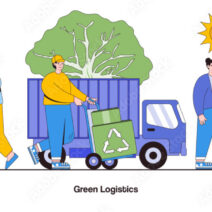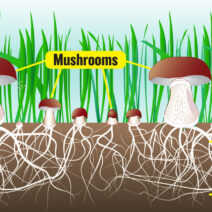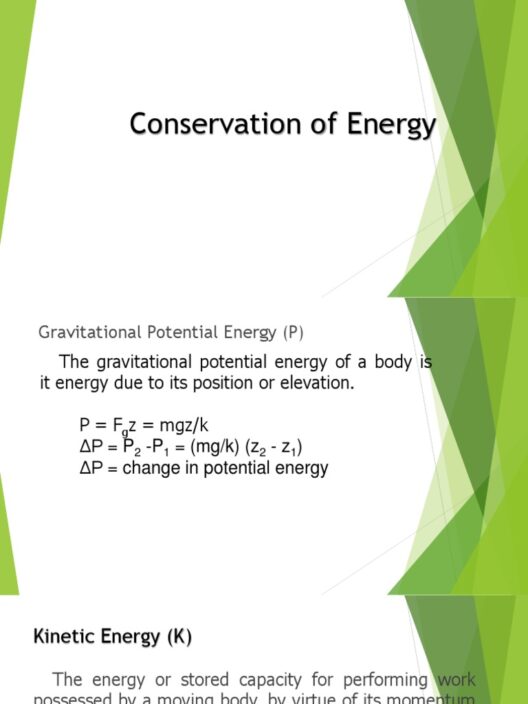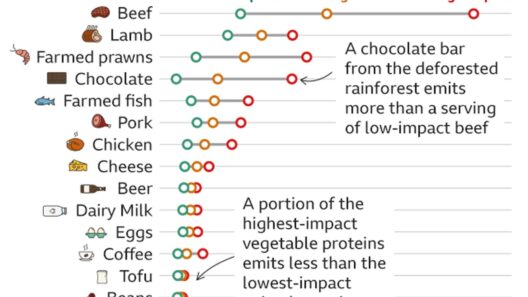In today’s fast-paced society, convenience reigns supreme. The ritual of rushing through life relies heavily on streamlined processes: pre-packaged meals, fast food, and disposable products have become mainstays in our daily routines. But have you ever stopped to ponder the hidden costs embedded in these convenient choices? Could our thirst for immediacy inadvertently storm the very gates of planetary destruction? This piece seeks to unravel the intricate tapestry of convenience and its often-unseen contributions to global warming.
At its core, convenience offers immediate gratification. It eliminates the need for time-consuming tasks, and often caters to our instant desires. However, beneath this alluring veneer lurks a cadre of consequences that collectively exacerbate environmental degradation. To fully grasp how our choices fuel global warming, one must first examine the impact of convenience across different sectors: food production, packaging, and energy consumption.
Consider our food choices. The agricultural industry, driven by the demand for convenience, perpetuates practices that severely strain natural resources. Modern farming techniques prioritize yield over ecological balance. Monocultures—where a single crop is cultivated over vast areas—deplete soil health, intensify pesticide use, and ultimately contribute to greenhouse gas emissions. Even the popularization of fast food chains has exacerbated the problem; these companies routinely source ingredients from industrial farms, amplifying carbon footprints. Not only do these operations require colossal amounts of energy and water, but they also lead to deforestation and land degradation—a lethal combination fueling climate change.
Let’s change gears and examine packaging. Continuous convenience has given rise to single-use plastics that encase our favorite products. These materials often find their way into landfills and oceans, where they can take centuries to decompose. More alarmingly, the production of plastic itself is an energy-intensive process that releases a host of greenhouse gases. According to various studies, fossil fuels are intricately linked to plastic manufacturing. In the quest for convenience, we have unwittingly compounded climate-related issues. Imagine—a world where your beloved snacks come packaged in biodegradable materials instead of plastic. Wouldn’t that be a whimsical shift? It beckons the question: are we prepared to champion such small yet significant changes?
Now, let’s delve into energy consumption. The convenience culture has birthed an increased reliance on energy-intensive appliances and devices that promise to simplify our lives. From dishwashers to instant pots, our appetite for efficiency leads us down a path paved in high carbon emissions. As we’ve migrated to urban areas, the proliferation of smart devices has further exacerbated energy demands. However, few of us pause to contemplate where our electricity comes from. In many regions, it’s derived largely from fossil fuels. The result? More energy expended, more carbon released, and greater contributions to global warming. Could we challenge ourselves to reduce screen time and embrace simpler, less energy-consuming activities? Perhaps it’s time to reconsider what “convenience” truly entails.
The interconnectivity of convenience and global warming is undeniable. Yet, it begs the inquiry: what can we do to combat these detrimental effects? The potential for change starts within our individual choices and collective actions. Shifting to a more sustainable lifestyle demands both awareness and intentionality. For instance, incorporating plant-based options into our diets can significantly reduce our carbon footprint. Eating local and seasonal foods not only supports local economies but reduces the distances food must travel, thereby minimizing emissions associated with transport.
Similarly, adopting reusable products instead of single-use alternatives can alleviate the pressure on landfills and the environment. Instead of plastic bags or disposable cutlery, imagine carrying a chic and functional reusable tote. One clever decision at a time fosters a ripple effect that transcends beyond personal habits, influencing societal norms. As we move towards more sustainably-minded consumption, we can evoke a radical paradigm shift in how society perceives convenience.
Moreover, when it comes to energy consumption, small changes can culminate in substantial impacts. Utilizing energy-efficient appliances, embracing renewable sources, and harvesting the sun’s power through solar panels can dramatically reduce our carbon emissions. It’s not about depriving ourselves of comfort—rather, it’s about redefining what comfort looks like. Let us visualize a future where homes are environments of efficiency, seamlessly integrating technology to reduce waste while preserving our planet.
Ultimately, the hidden costs of convenience reverberate through our ecosystem, permeating the air we breathe, the water we drink, and the earth beneath our feet. Confronted with the reality that our desires drive climate change, we must collectively challenge ourselves to alter our behavior. It’s time to rethink how we consume and embrace an ethos of sustainability over convenience. Will we heed the call to action? The planet’s future hangs delicately in the balance, and our choices will dictate its fate.
In conclusion, convenience may masquerade as a friend, but in truth, it can be a formidable adversary in the fight against global warming. The challenges posed by convenience are multi-faceted, yet they provide fertile ground for innovation, creativity, and resilience. As we navigate our daily choices, let us not forget that each small decision can conjure a more sustainable world—a world where convenience no longer comes at an exorbitant cost to our environment.








